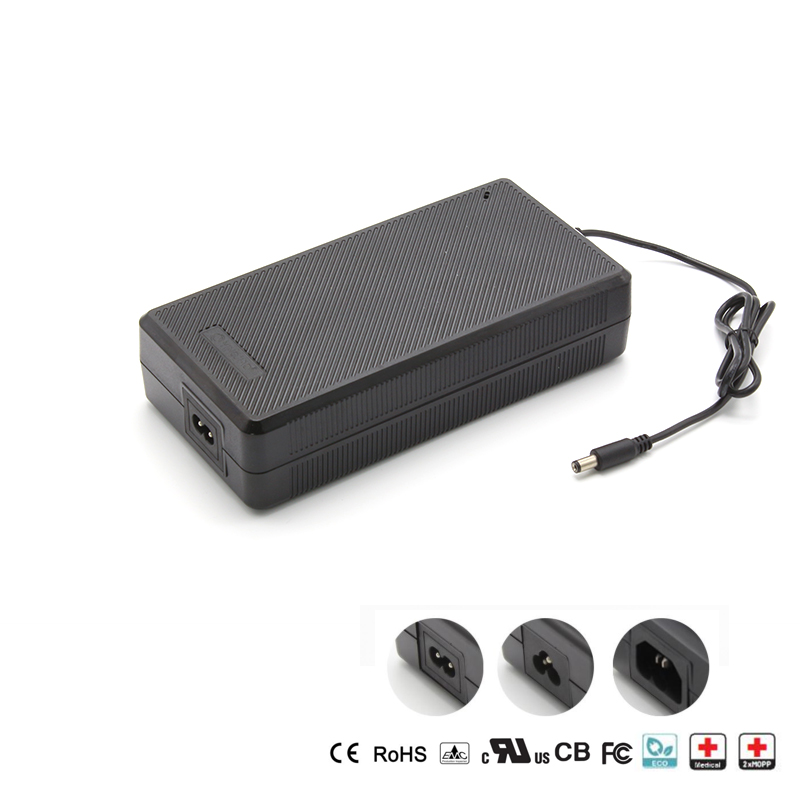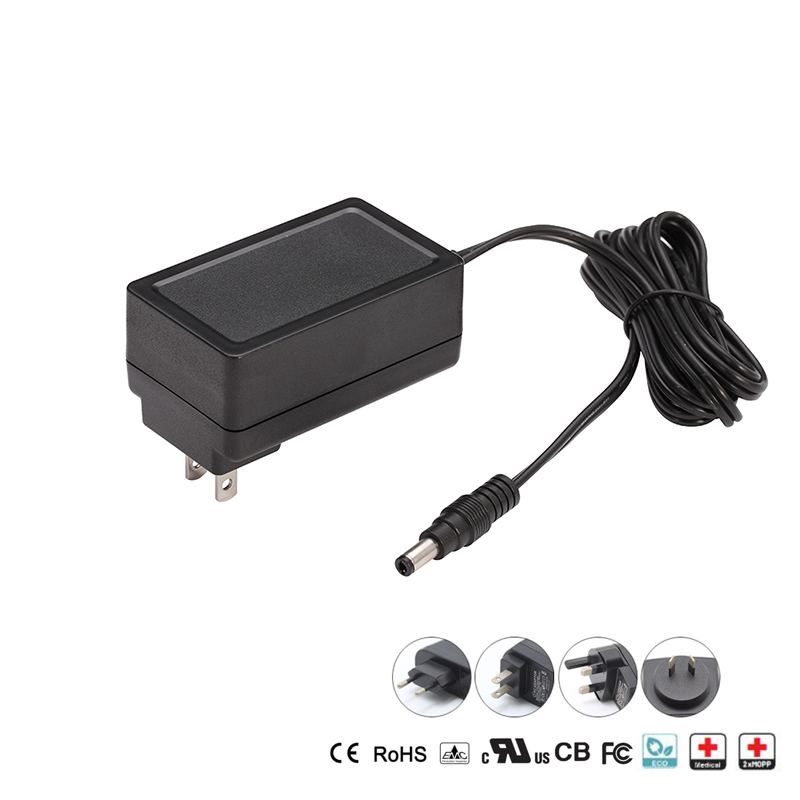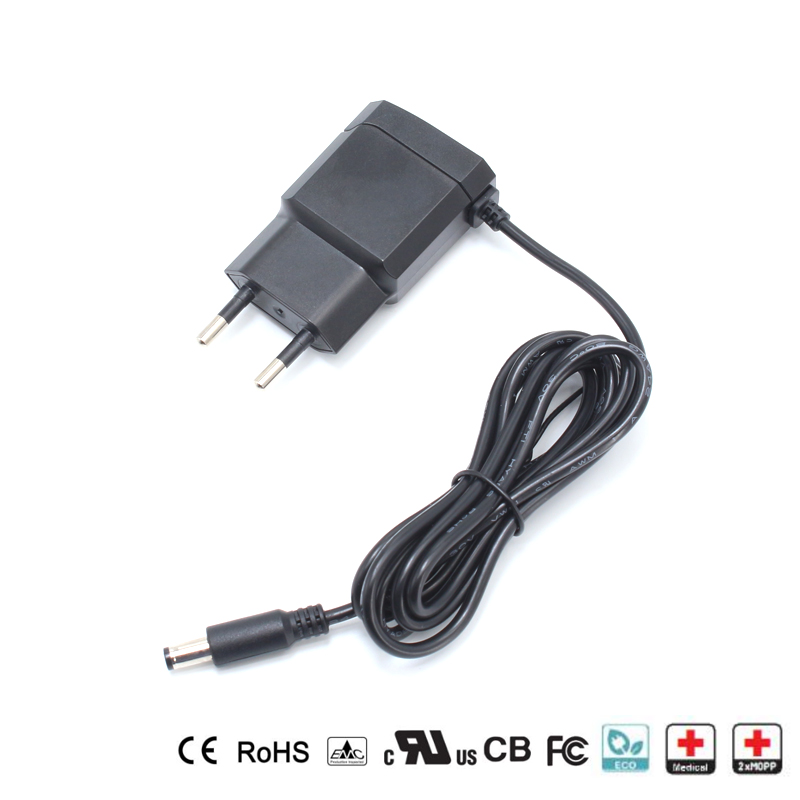MEDICAL-GRADE POWER SUPPLIES
The protection of patients, reliability of equipment and extended lifecycle of components are requirements that distinguish medical devices and medically approved Power Supplies from other consumer and commercial electronics. Moreover, when the use of an uninterruptible Power Supply can mean the difference between success or failure in the applications of these devices, there are understandably stringent safety standards to adhere to — such as the IEC 60601-1 series of standards that apply to the performance and safety of Medical electrical equipment.

Medical Power yingjiao, has been providing robust power supplies to the most demanding and highly regulated industries — including the Medical sector — for decades. In that time, we’ve seen how the drive to innovate and be the first to market must be met with equally well-developed quality control and safety measures — especially when a groundbreaking piece of equipment needs a medical AC/DC power supply that’s fully in compliance with all applicable standards.
Medical Power SolutionsAcross all types of Medical equipment — from personal health devices such as dialysis machines to diagnostic equipment like ultrasound systems — our collective engineering expertise will support your vision for better, reliable patient care. In addition, our knowledge can guide you along the technical steps necessary to meet all standards and FDA regulations for final approval.

WHAT SETS MEDICAL POWER SUPPLIES APART?
Because of the life-saving nature of Medical devices, the related Power Supplies are some of the most stringently designed and manufactured electrical components you will find across all industries. For this reason, Medical device manufacturers of electronic equipment must meet the IEC60601 safety standards, which outline a number of design issues that go above and beyond what other commercial applications require.
In general, medical equipment must be designed with the following factors in mind:
The device must have reinforced or doubled insulation to meet low leakage requirements.
Components such as the AC input, Power Supply and DC output must be reliably isolated to reduce the risk of shock occurring.
There must be further isolation around other electrical components like conductors.
In addition to these design requirements, Medical devices are typically expected to go through more involved design processes, have a longer lifecycle and always have quick and reliable support from their vendors and manufacturers.



